Category: Japanese investments in EU
-
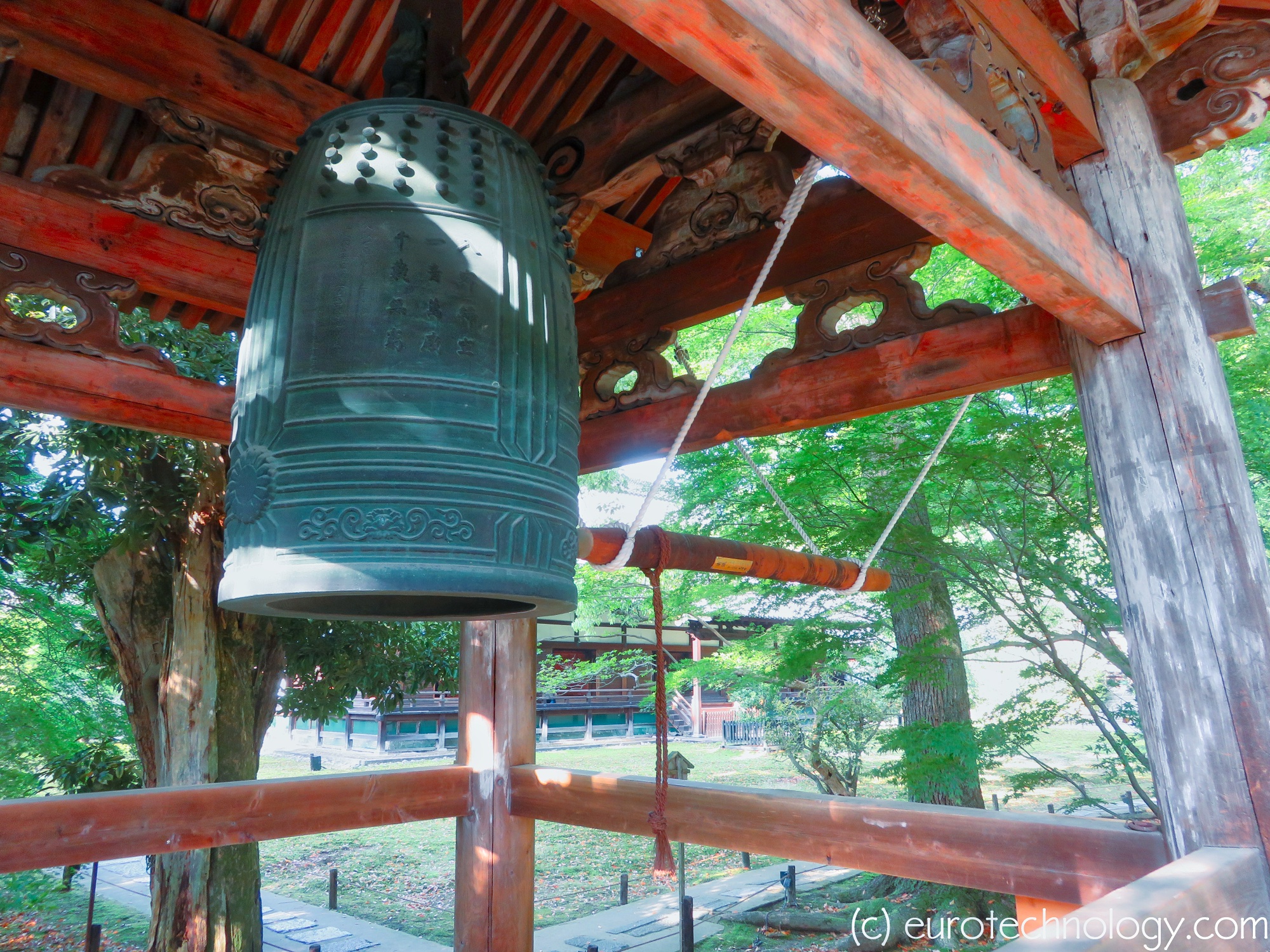
Nikon enters medical sector with offer for acquisition of Optos plc – “The retina company”
Nikon diversifies from digital cameras to medical imaging Retinal imaging market estimated to grow to US$ 530 million in 2019 Currently 70% of Nikon’s business are digital camera, a rapidly shrinking market due to the popularity of smartphone cameras. Inspired by SONY‘s investment in medical imaging company Olympus, Nikon diversifies from digital cameras into medical…
-
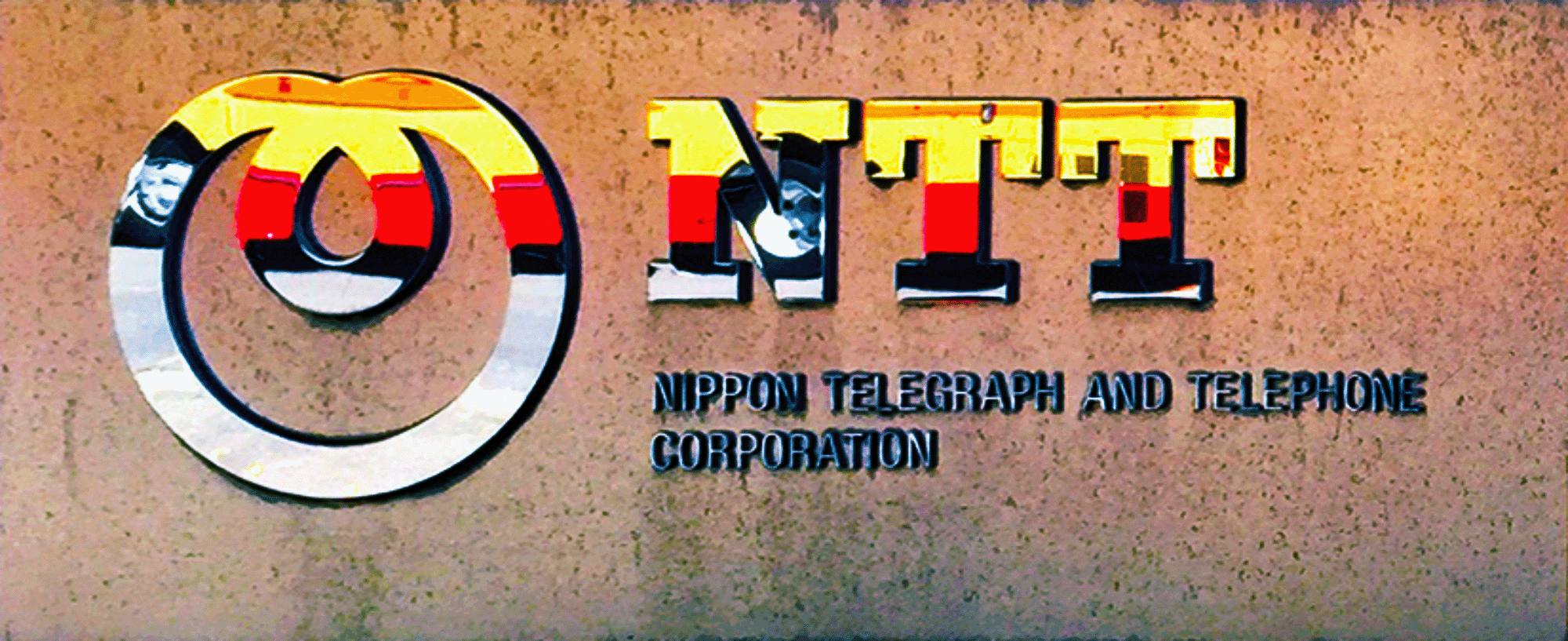
NTT Communications reportedly in talks to acquire German data center operator e-shelter facility services GmbH
NTT Communications to continue global expansion e-shelter offers about 90,000 square meters of data center space in 9 locations NTT Communications is reported by Nikkei to be in negotiations to acquire Frankfurt based e-shelter facility services GmbH for approximately YEN 100 billion (US$ 840 million). NTT Communications acquisition is driven by the need to grow…
-
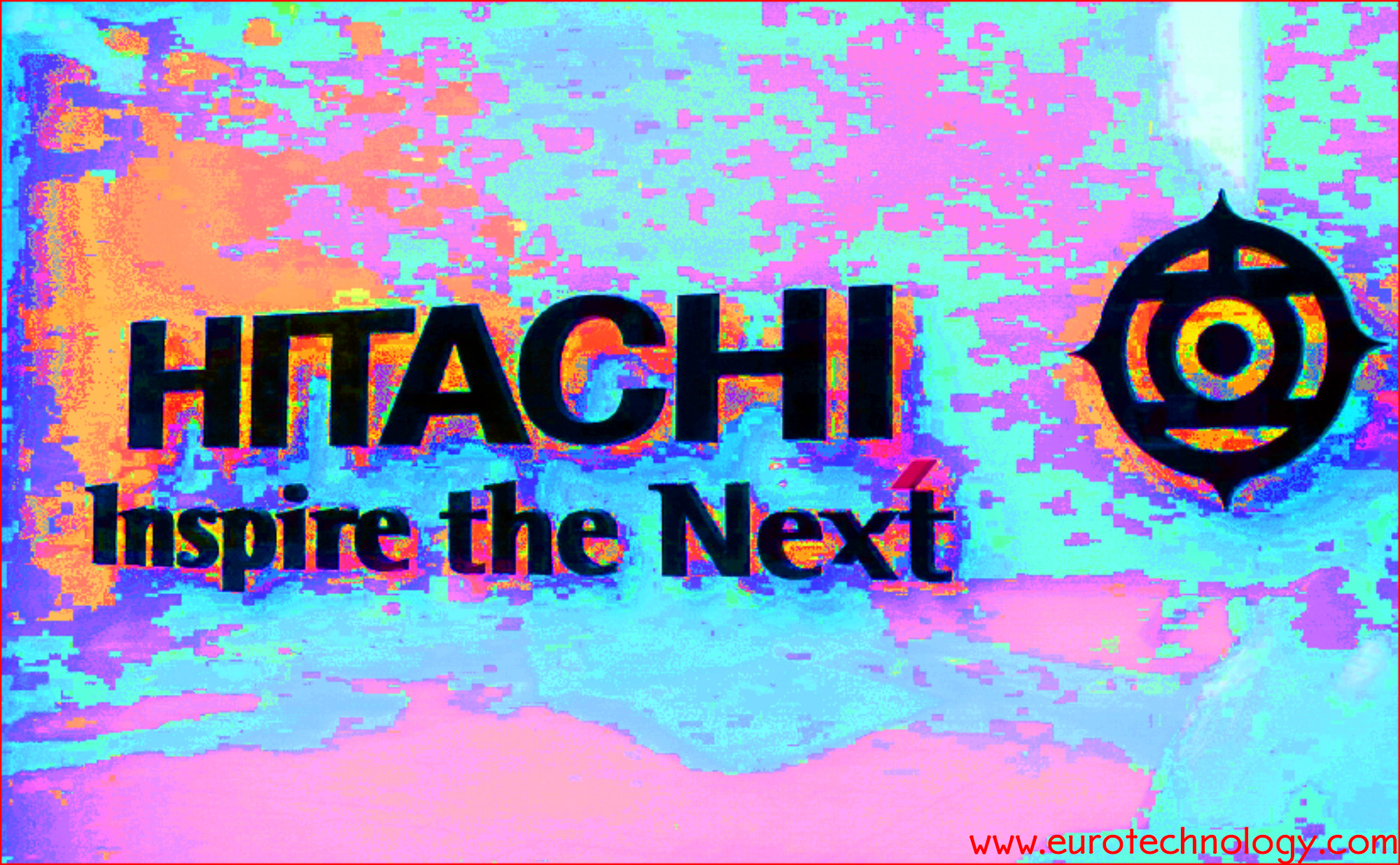
Hitachi agrees with Finmeccanica S.p.A. to acquire rail business of AnsaldoBreda S.p.A. and 40% of rail signaling company Ansaldo STS S.p.A.
AnsaldoBreda rail business to help Hitachi to compete globally with Siemens, Bombardier and Alstom by Gerhard Fasol Finmeccanica accelerates restructuring, reduces debt and focuses on aerospace, defense and security Hitachi Ltd (株式会社 日立製作所) and Finmeccanica S.p.A. announced on February 24, 2015, that their Boards of Directors have agreed for Hitachi to: acquire the rail business…
-
Sosei Group acquires Cambridge/UK based Heptares Therapeutics Ltd for up to US$ 400 million
Sosei Group acquires candidate drugs to compensate for expected loss of patent protection for the Seebri inhaler in 2026 Heptares Therapeutics Ltd emerged from the MRC Laboratory of Molecular Biology at the University of Cambridge Sosei Group Corporation (そーせいグループ株式会社) is a Japanese pharmaceutical group which mainly in-licenses pharmaceutica in Europe and North America, then brings…
-
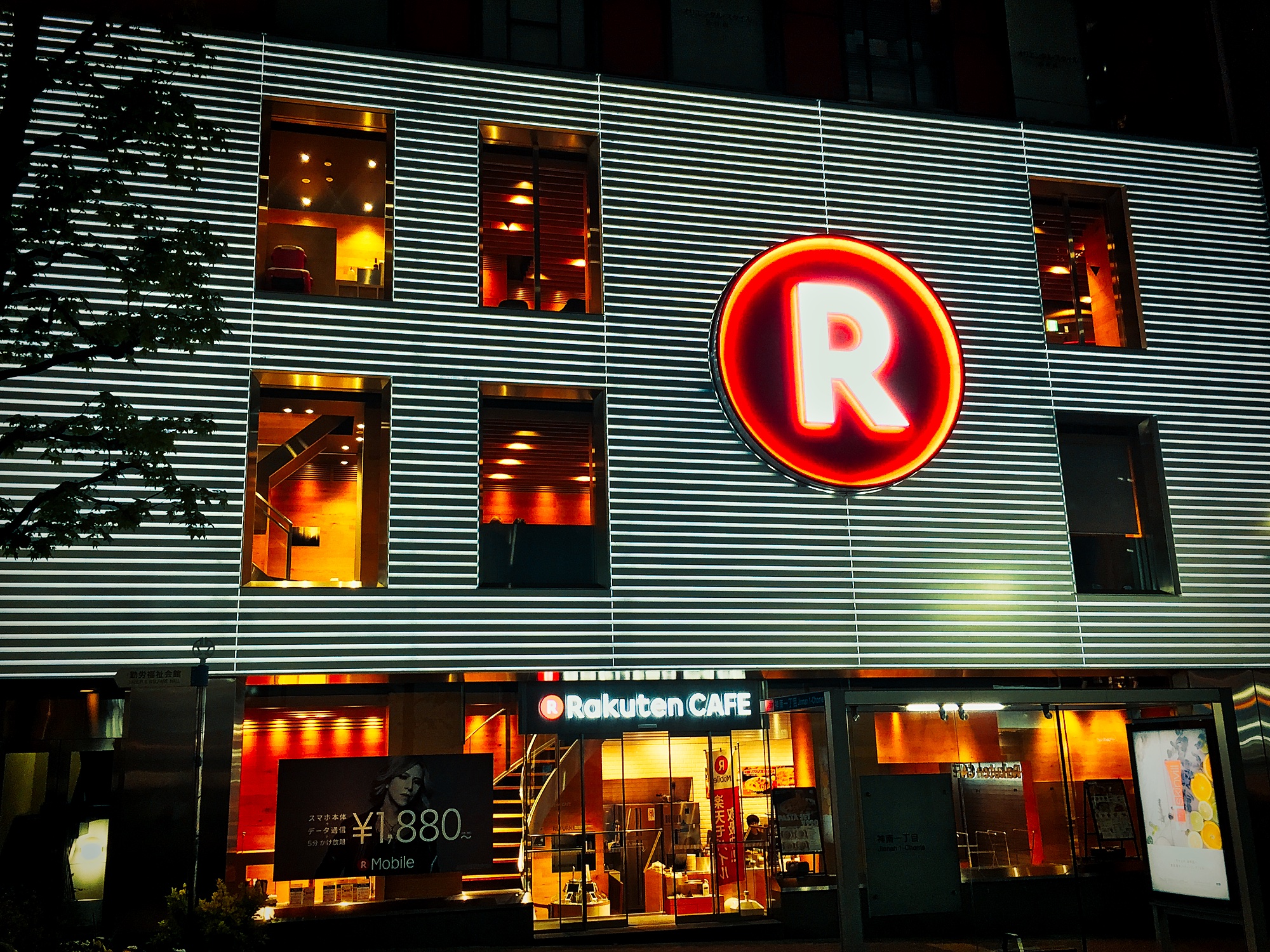
Wuaki.tv acquired by Japan’s e-commerce giant Rakuten
Wuaki.tv: Your online video service Rakuten’s first entry into Spain’s markets On June 13, 2012, Rakuten acquired Spanish online streaming video-on-demand (VOD) provider Wuaki.tv. Wuaki.tv – slogan: Your online video service Wuaki.tv was founded 2009 in Barcelona by current CEO Jacinto Roca. Wuaki.tv is funded by Bonsai Capital, Axon Capital, and Marc Ingla, former Vice-President…
-

itelligence AG acquired by NTT Data
NTT DATA Business Solutions Largest global SAP reseller and one of the largest SAP solution providers On 23 October 2007, NTT DATA, NTT DATA Europe and itelligence AG announced a partnership, and NTT DATA announced to intention of an offer to acquire the shares at € 6.20 per share, about 37.2% higher than the closing…
-
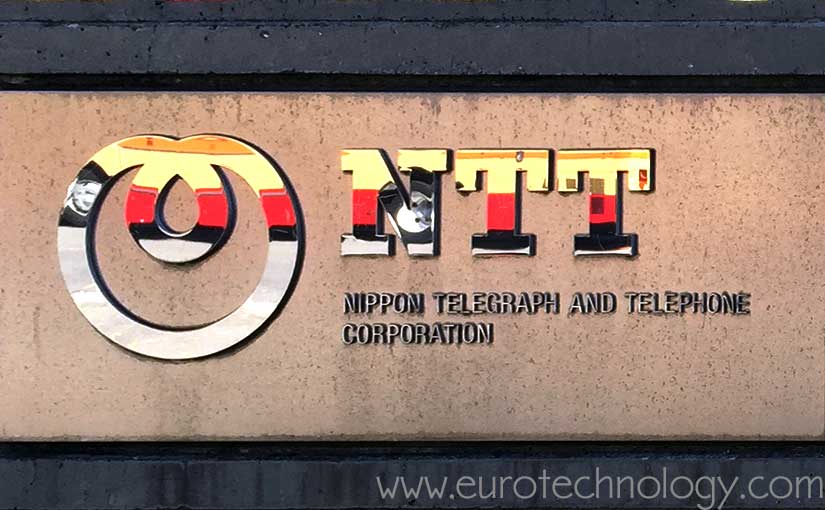
Integralis acquired by NTT Communications creating NTT Com Security AG
NTT Communications acquired 78.4% of Integralis AG which is renamed NTT Com Security AG by Gerhard Fasol Managed Security Services (MSS): Greschitz IT Security and Secode AB join NTT Com Security AG On June 30, 2009, NTT Communications announced a public tender offer for the shares of Integralis AG offering € 6.75 in cash per…
-
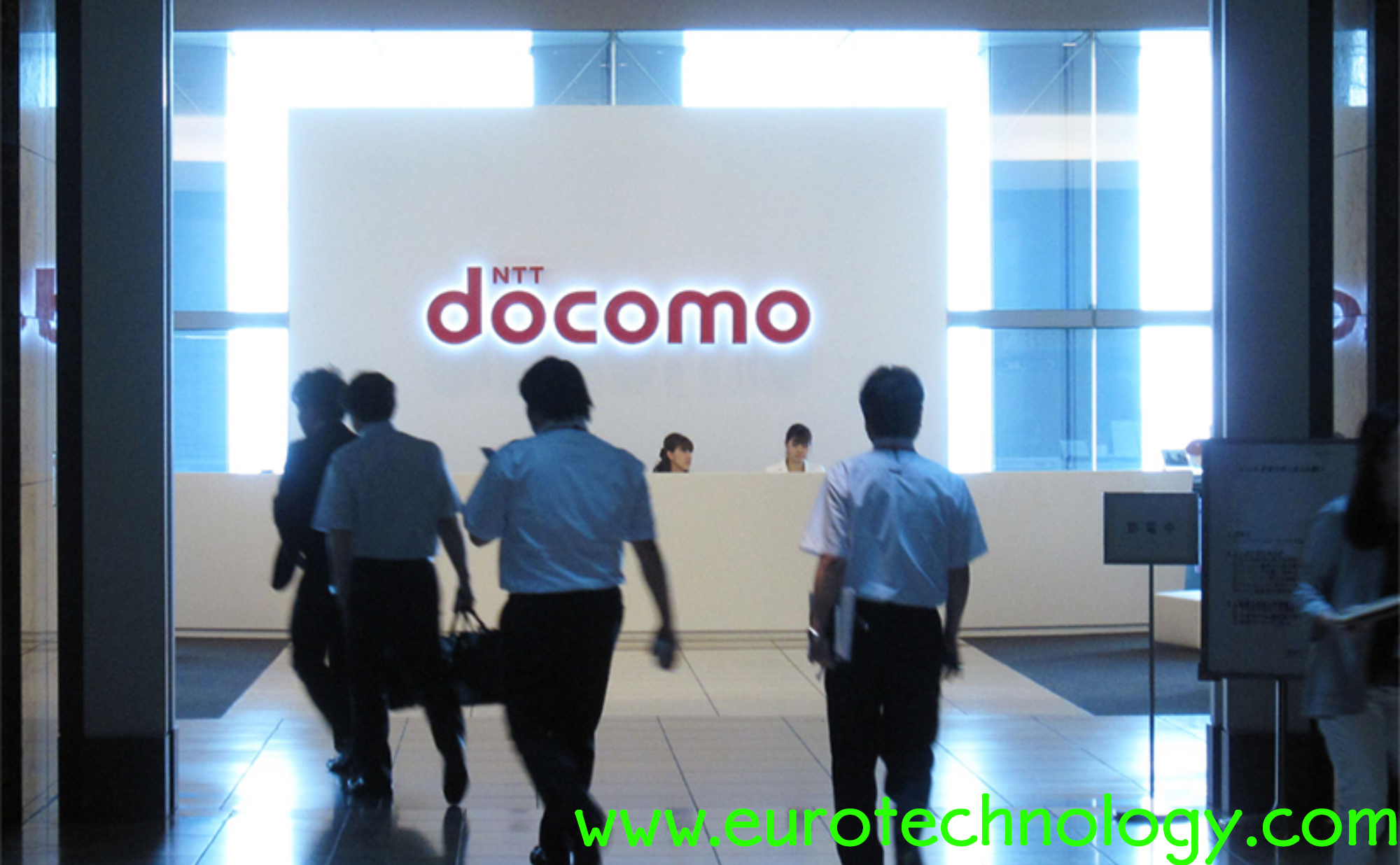
net mobile AG majority stake acquired by NTT Docomo
globalizing Docomo’s mobile payment and content services bringing German mobile know-how to Japan On September 11, 2009, NTT Docomo announced a voluntary public tender offer for shares of net mobile AG. The tender offer was closed on November 27, 2009, and Docomo Deutschland GmbH acquired 6,126,567 shares at € 6.35 per share corresponding to 79.59%…
-
Toray acquires Saati SpA’s European carbon fiber fabric and prepreg business
Toray acquires Saati’s European fabric business: Toray builds integrated supply chain in Europe Toray management program Project AP-G 2016: “thorough implementation of growth strategy through innovation and aggressive management” Toray acquires Saati’s European fabric business: Toray announced on 10 December 2014 the agreement to acquire the European carbon fiber fabric and prepreg business of Saati…
-

Hitachi Zosen Inova AG acquires Energy-from-Waste (EfW) EPC Axpo Kompogas Engineering AG (Komeng)
Waste is our Energy! – Energy-from-Waste (EfW) by Gerhard Fasol Hitachi Zosen Inova AG acquires Axpo Kompogas Engineering AG AXPO agreed on October 24, 2014 to sell its subsidiary Axpo Kompogas Engineering AG to Hitachi Zosen Inova AG (ZHI AG). Closing is in mid December 2014. Axpo Kompogas Engineering AG (Komeng) Axpo Kompogas Engineering AG…
-
JFE Engineering acquires boiler maker Standardkessel Power Systems Holding GmbH
JFE Engineering globalizes and strengthens biomass and waste electricity generation systems business Standardkessel-Baumgarte: from a classic boiler maker to biomass and waste-to-energy power plants JFE Engineering acquires all outstanding shares of Standardkessel Power Systems Holding GmbH, for approximately YEN 10 billion (US$ 87 million), from current shareholders. Standardkessel (founded 1925) and Baumgarte (founded 1935) started…
-
Heraeus Kulzer acquires EGS Srl (Enhanced Geometry Solutions)
Japanese companies’ strategy to overcome cultural post-merger problems: European subsidiaries acquire Heraeus Kulzer acquires EGS, expanding both Mitsui Chemicals’ foot print in Europe and global market penetration for Mitsui Chemicals’ dental supplies business Japanese companies are well known to have substantial difficulties with post merger integration as a consequence of massive cultural differences which need…
-
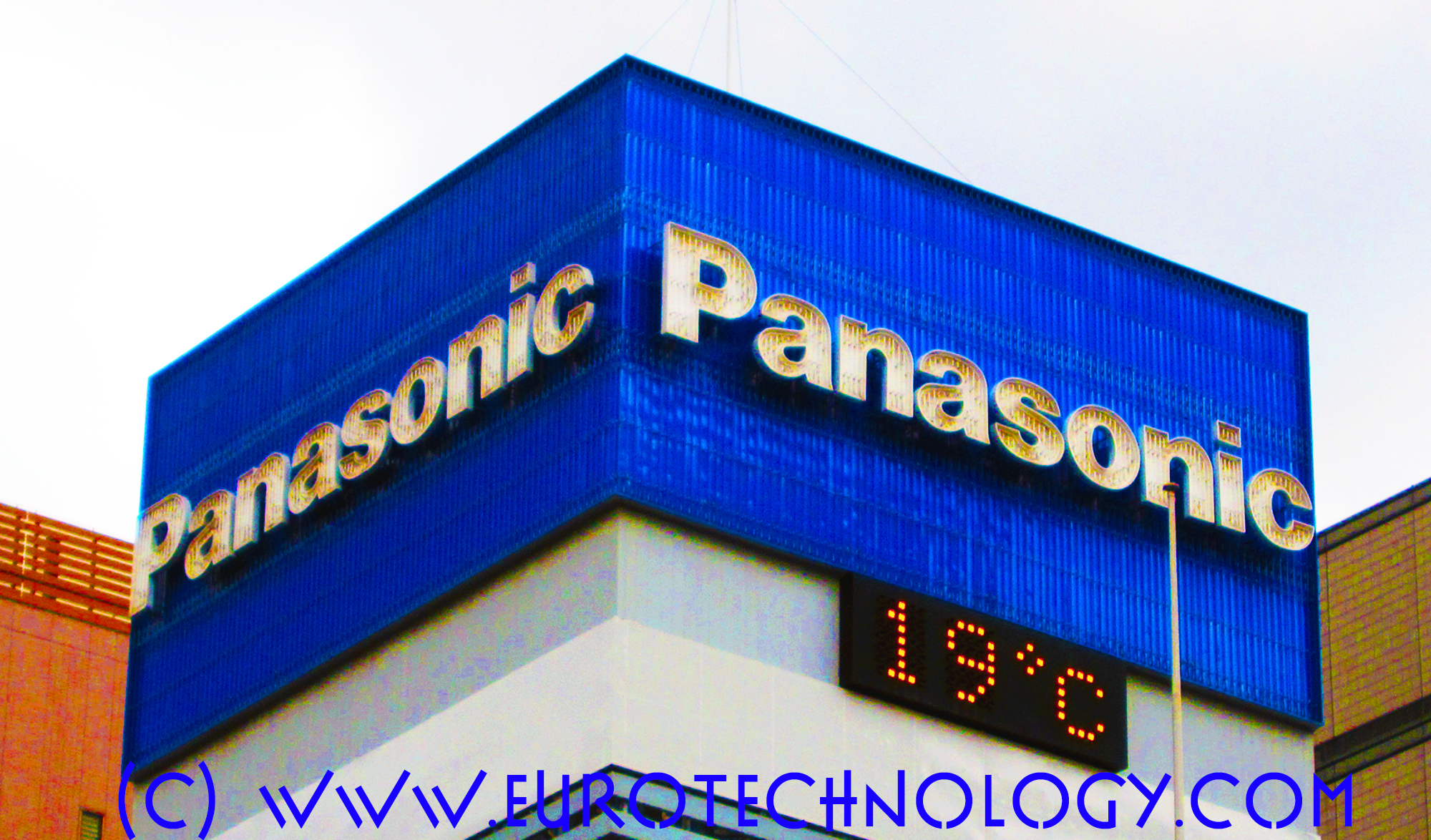
Panasonic self-driving car technology: Ficosa investment
Panasonic restructures away from TVs and other commodities to automotive parts by Gerhard Fasol Panasonic self-driving car technology As part of the restructuring efforts, Panasonic invests in Spanish car parts maker Ficosa in order to jointly develop Panasonic self-driving car technology. We have documented in our blogs and reports on Japan’s electronics industry how Japan’s…
-
Yaskawa acquires The Switch Engineering Oy, manufacturer of generators for wind power
The Switch Engineering Oy was valued US$ 265 million in 2011 Trend: Japanese companies acquire European renewable energy technology companies On July 2, 2014 Yaskawa Electric Corporation acquired all shares of The Switch Engineering Oy, which are not owned by the Switch. The acquisition price was not announced, however, AMSC in 2011 had agreed and…
-
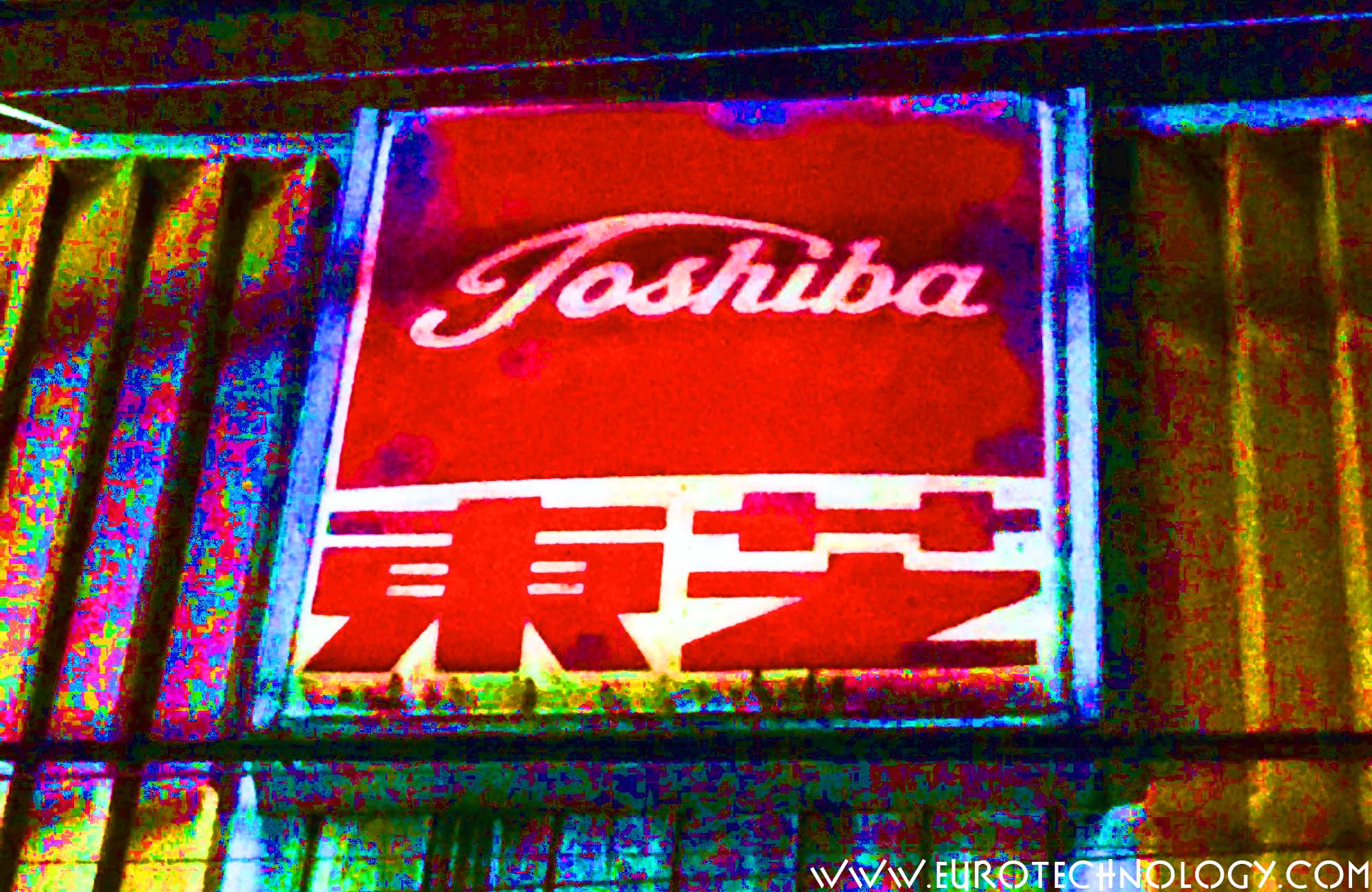
Toshiba acquires 60% of NuGeneration Ltd
Toshiba acquiring an additional 10% of NuGeneration by Gerhard Fasol NuGeneration becomes a joint-venture between Toshiba (60%) and GDF Suez (40%) In December 2013, Toshiba purchased 50% of NuGeneration Ltd from Iberdrola (of Spain) for UKL 85 million (US$ 146 million). On June 30, 2014, Toshiba announced to purchase an additional 10% of NuGeneration Ltd…
-
Video surveillance specialist Milestone Systems A/S acquired by Canon
Canon acquires video surveillance specialist Milestone Systems A/S in June 2014 Milestone Systems A/S is a leading IP based video management software (VMS) and network video recorder (NVR) provider for video surveillance Milestone System was founded in 1998 to apply IP technology from the financial sector to the surveillance video sector, which had previously been…
-

DC Storm acquired by Rakuten Marketing to strengthen marketing analytics and attribution
Rakuten acquires marketing attribution specialist Following acquisition of Adometry by Google and of Convertro by AOL On May 28, 2014, Rakuten Marketing announced the acquisition of the Brighton (UK) based marketing attribution specialist DC Storm. Although terms of the acquisition were not disclosed, Google on May 6, 2014 acquired Adometry for about US$ 150 million,…
-

Hitachi Engineering Europe formed by acquisition of Valcom S.r.l.
Hitachi acquires Valcom, electrical and instrumentation engineering for oil and gas plant systems by Gerhard Fasol Hitachi Engineering Europe: the new name for Valcom Hitachi acquired all outstanding shares of Valcom S.r.l. and will rename the company “Hitachi Engineering Europe S.r.l.” Valcom S.r.l. is an Engineering, Procurement, Construction (EPC) company, headquartered in Milano (Italy), in…
-
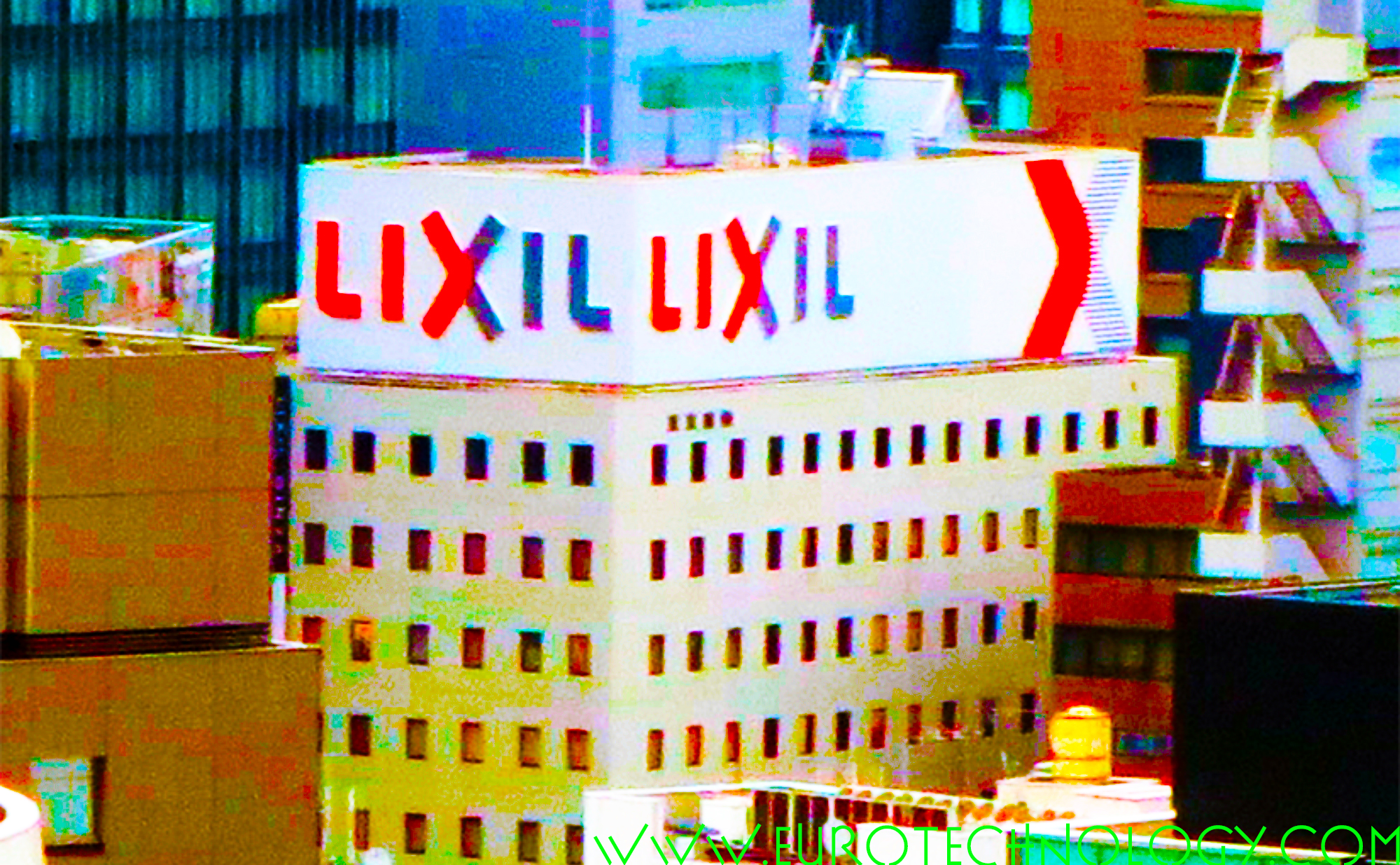
LIXIL and Development Bank of Japan (DBJ) together acquire 87.5% of GROHE Group
LIXIL (“Link to Good Living”) pursues strategy to become global leader in building materials and housing equipment industry LIXIL acquires 87.5% of German GROHE Group (“Pure Freude an Wasser”), valuing GROHE at € 3.06 billion Lixil Corporation follows the strategy to become the global leader in building materials and housing equipment, and on January 21,…
-
Japanese insurance SOMPO acquires UK reinsurer Canopius Group Ltd
Japanese insurance SOMPO part of NKSJ Holdings acquires UK reinsurer Canopius Group from Bregal Capital In order to globalize, Japanese insurance company Sompo Japan (株式会社損害保険ジャパン), part of the insurance group NKSJ Holdings (NKSJホールディングス株式会社, TSE / JPX: No. 8630) announced yesterday the acquisition of 100% of the UK re-insurer Canopius Group Limited, operating on Lloyd’s for…
-
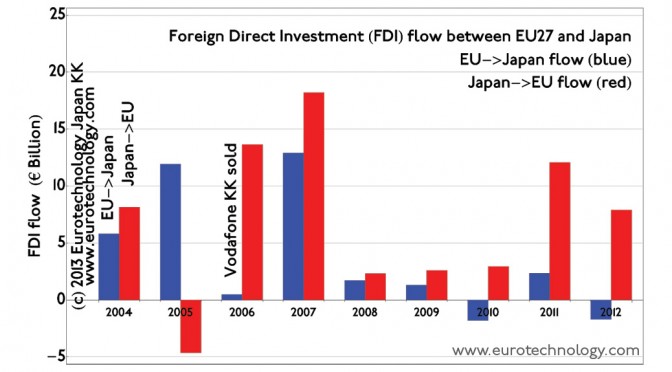
Japan’s direct investments in EU flourish, while EU investments in Japan stagnate
Investment flow between EU and Japan shows strong impact from the Lehmann shock economic downturn. Investment flow from EU to Japan remains at relatively low levels around EURO 1 billion annually, while investments by Japanese companies in the EU are on the order of EURO 10 billion per year currently. M&A and direct investment (FDI)…
-
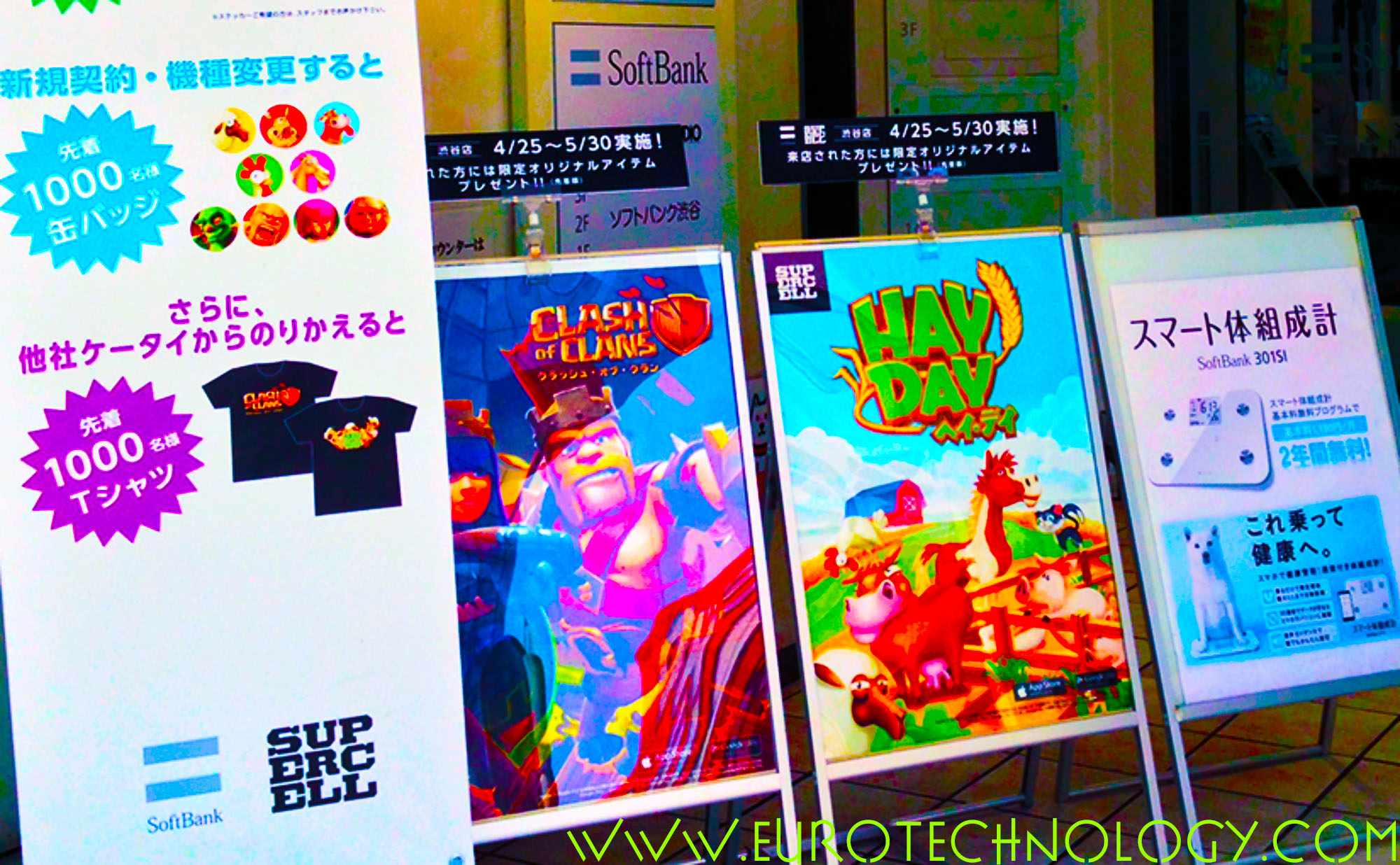
Supercell: SoftBank and GungHo acquire 51% for US$ 1.5 billion
Supercell valued at approx. US$ 3 billion Supercell investment leverages paradigm shift, time shift and market disconnects Smartphones and the “freemium” business models are bringing a dual paradigm shift to games and create a new truly global market. To take advantage of this global paradigm shift, its necessary to overcome the cultural disconnects between markets.…
-
Otsuka buys Astex Pharmaceuticals (NASDAQ:ASTX) for US$ 886 million
Astex Pharmaceuticals is an oncology drug discovery company based on the Pyramid drug discovery platform in Cambridge (UK) Otsuka buys Astex in a tender offer for US$ 886 million Otsuka buys Astex Pharmaceuticals (formally Astex Therapeutics, UK). Astex Therapeutics is a oncology drug discovery company based in Cambridge, England, and at the time of acquisition…
-
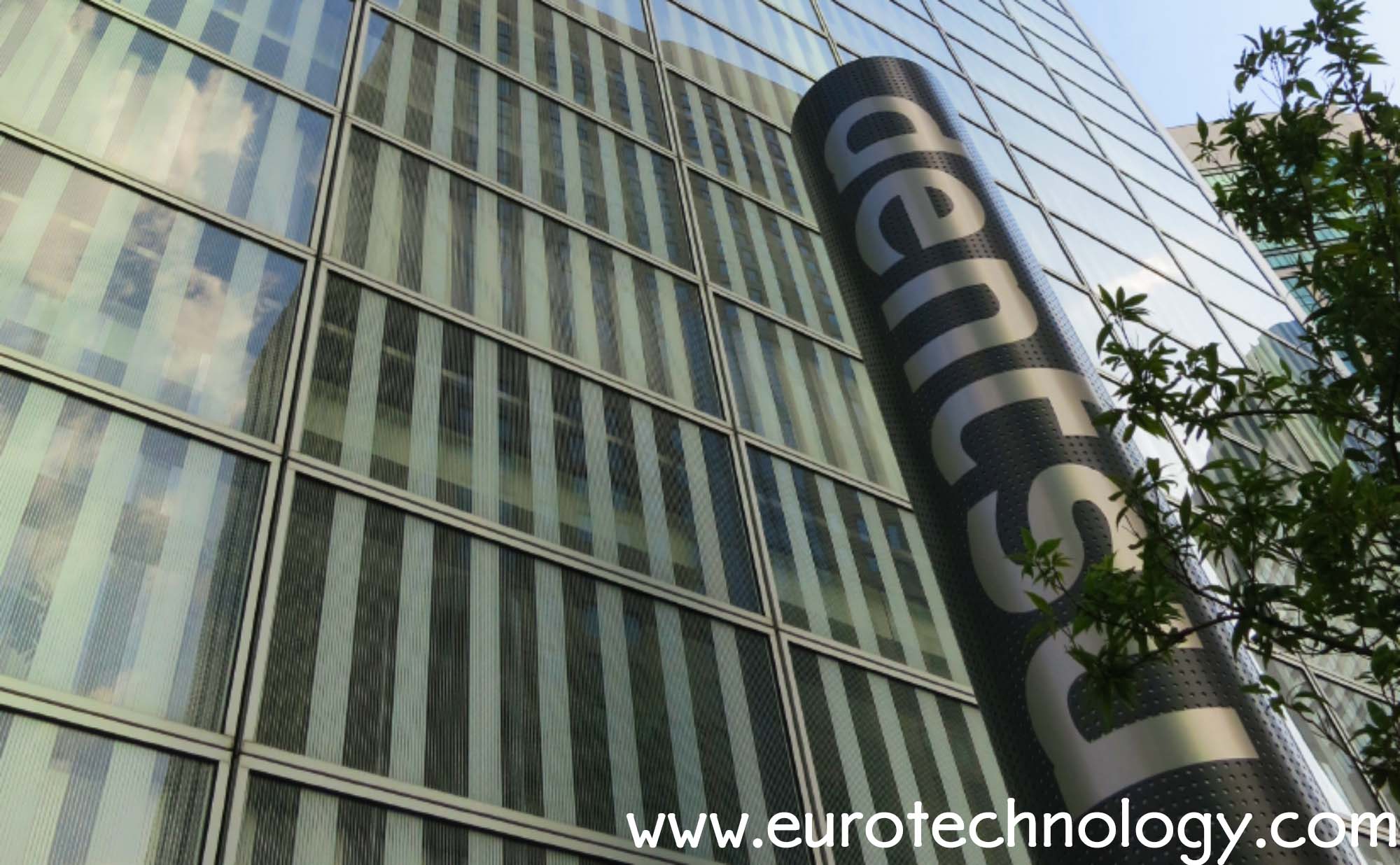
Ymedia SL and Wink TTD SL investments by Dentsu in Spain
by Gerhard Fasol Dentsu further expands the global footprint in Spain On September 20, 2013 Dentsu announced further European investments this year in its quest to strengthen its global footprint: acquisition of 51% of Ymedia SL via Aegis Media Iberia, full 100% acquisition expected by 2019 acquisition of 31.8% of Wink TTD SL via Aegis…
-
![Arkadin’s [enjoy sharing] 91.2% AXA stake to be sold to NTT Communications](https://eu-japan.com/b/wp-content/uploads/2014/12/IMG_7620_ntt_2000.png)
Arkadin’s [enjoy sharing] 91.2% AXA stake to be sold to NTT Communications
Arkadin International SAS valued at approx. US$ 463 million Collaboration-as-a-Service (CaaS) On August 5, 2013, NTT Communications (NTT Com) announced that it will acquire 91.2% of the shares of the French conference and collaboration specialist Arkadin International SAS from current investors AXA Private Equity (now: Ardian Investment) and other investors. The valuation is estimated at…
-

Simple Agency srl investment by Japan’s advertising giant Dentsu
by Gerhard Fasol Dentsu further expands the global footprint in Europe Social, content and digital marketing empowerment based in Italy On July 30, 2013 Dentsu announced another European investment this year in its quest to strengthen its global footprint: the acquisition of a 70% majority share in the Italian Simple Agency via Aegis Media Italia,…